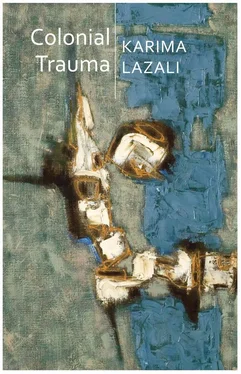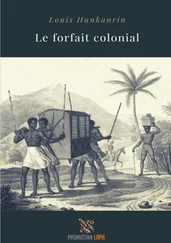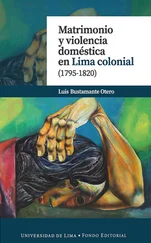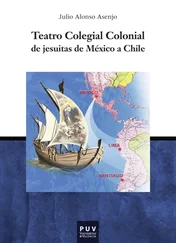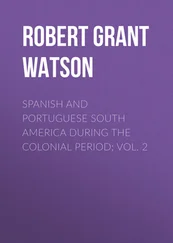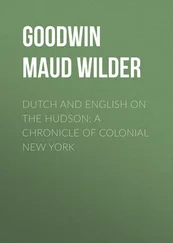Institutions reproduce and exacerbate the tears in the social fabric, wreaking even more untold havoc by re-enacting practices of violence. This leaves the citizen powerless. Emergency exits are blocked off, from both the inside and the outside. It is therefore up to each and every individual to use the widespread art of gfasa , namely, finding ways out through resourcefulness and creativity. Although at times producing astounding feats, this practice tends to further discredit institutions. With each individual potentially inventing his or her own rules and laws, this may lead to ingenious discoveries as well as various forms of abuse: corruption, authoritarianism, harassment. An already threadbare social fabric and the rapid erosion of foundational institutions signal that the function of an independent mediator is in crisis. Touchstones of tradition are vanishing, including the family, whose conventional structure has been challenged by new modes of familial organization: divorce, single-parent families, the new predominance of the nuclear family.
These violent and brutal changes occurred at a pace that left no time (in the sense of duration) for new touchstones to be established to make sense of them. The construction of the psyche in children, as developing subjects, has been affected as a result. Some child psychiatrists have observed in their private practices many parents who, finding themselves all alone, are left to struggle without any institutional support. In traditional societies, the extended family served this function, whereas in modern societies, institutions play this role. However, as previously mentioned, “trust” in these institutions has vanished in Algeria, where they are seen as instruments of oppression and in part responsible for one’s internal sense of insecurity. The outside is as threatening as the inside, leaving no safe breathing space, which is precisely what institutions are supposed to offer their citizens. What’s more, civil society is struggling to fill the gap left by the failure of institutions.
Thus, religion is called upon to treat several levels of despair: private, political, social. The visible display of faith supplants foundering institutions that can no longer protect and care for individuals. The “power above” is an expression rarely uttered but frequently used in one’s body language, such as by raising one’s eyes to the sky. This suggests two things in Algeria: God and the state. This confusion between government and divine power is nothing new. It is in fact behind the origin myth of a young Algerian nation. It is worth asking, however: what God are we talking about? Since, although the Qur’an states there is only one God, multiple Gods appear in practice and in speech, depending on the place and purpose God occupies for the speaker. Gesturing toward “a power above” suggests that the designator must be “down below.” Thus, a division is created between heaven and earth, between decision-makers “from above” and those living here “below,” between God and humankind. Despite this apparent configuration, the gesture indicating the “power above” more often than not is made with a knowing smile, suggesting that this is a matter of playacting. The fight over who gets to occupy the places “down below” rages on without involving the “power above.” This implies that the “power above” is invisible and, notably, unidentifiable. A tension thus arises between a visibility that is at once excessive and absent, which reverses the material expressions of power and religion: on the one hand, an absent and therefore invisible political power; on the other, a religious power blindingly visible.
The decision-makers are called “them” ( houma ) and, as such, are unnameable as individuals in the decision-making process, whereas God is for His part called “Him” ( houwa ). This difficulty of naming and identifying covers everything in a thick haze. Confusion and bewilderment serve very different purposes for the individual and for those in power. The cult of the invisible is a state matter while religion is concerned with the visible. In the Algerian context, the fields of the visible and invisible are flipped in order to hide the boundaries of religion and power.
The power of religion and the religion of power merge and feed into each other. The absence of secularism cannot alone explain this reversal of the fields of the visible. To be sure, the religious signifier is exploited for matters of governance, and this contributes to the current reversal; but it is also due to a form of governance that has merged history, languages, and religion together to serve its totalizing agenda. The individual effects this has had on the public raise a serious question: how does the deliberate blurring of boundaries make use of an interstitial space – between “down below” and “the power above,” between the visible and the invisible – to better remain unseen?
In this space, which belongs to no one, there is as much corruption as there is subversion. And the recent rise of an Algerian literature that explores contemporary social problems and brings the years of the Internal War under intense scrutiny illustrates the fruitfulness and dynamism of these intermediary spaces. Once again, fictional treatments of contemporary issues have paved the way for scientific analyses to be carried out in various disciplines. Novels, art, and films anticipate the cultural and theoretical work to come.
In a rather dark landscape, those leading the struggle carve out an admittedly narrow but nonetheless real path. Many stories get written between heaven and earth. In Algerian literature, writing becomes a vehicle for censored languages and confiscated dreams. It is thus a manner of giving life to an alterity that is suppressed in the political sphere. To accomplish this, Algerian writers deftly deploy the art of détournement . 8In their hands, language becomes a ruse they can manipulate for their own purposes. The literary text repeatedly calls attention to the official (political) narrative in an effort to divert the censors while making their erasures visible. Writing is an antidote to political coercion. Nabile Farès (1940–2016) had noted this problem as early as 1976: “We are besieged and erased by those in power like dirty words written in sand.” 9
Contemporary Algerian literature is a deliberate refusal of the many forms of deceit first practiced by the colonial power and then by the Algerian state. In 2016, the young writer Samir Toumi illustrated in his novel L’Effacement the alarm of an Algerian subject who is suffering from a terrible condition: the disappearance of his reflection and the erasure of his memory. Erased and absorbed into a “triumphant” nation, this character is a metaphor for the political treatment of memory in Algeria. The suffering subject feels that “everything is being erased, inexorably, … I’ve been set adrift in a hazy space where everything is blurred and blanked out .” 10Struggling with the disappearance of his reflection, the son calls on his father for help, but his father urges him to embrace being swept into a heroic “national” narrative:
He told me it wasn’t worth it, because I had him. He was the reflection of both my body and soul. Besides, it had always been this way. When I told him about my vanishing and the disappearance of all my memories, he shrugged his shoulders. You have mine, he responded, they are more interesting and much richer. I have a war to give you, a magnificent victory and the building of an immense nation, what more could you want? I’m giving them to you, my memories are yours . I thanked papa as he stroked my head. 11
The literary text and the invisible staging of power
Читать дальше
